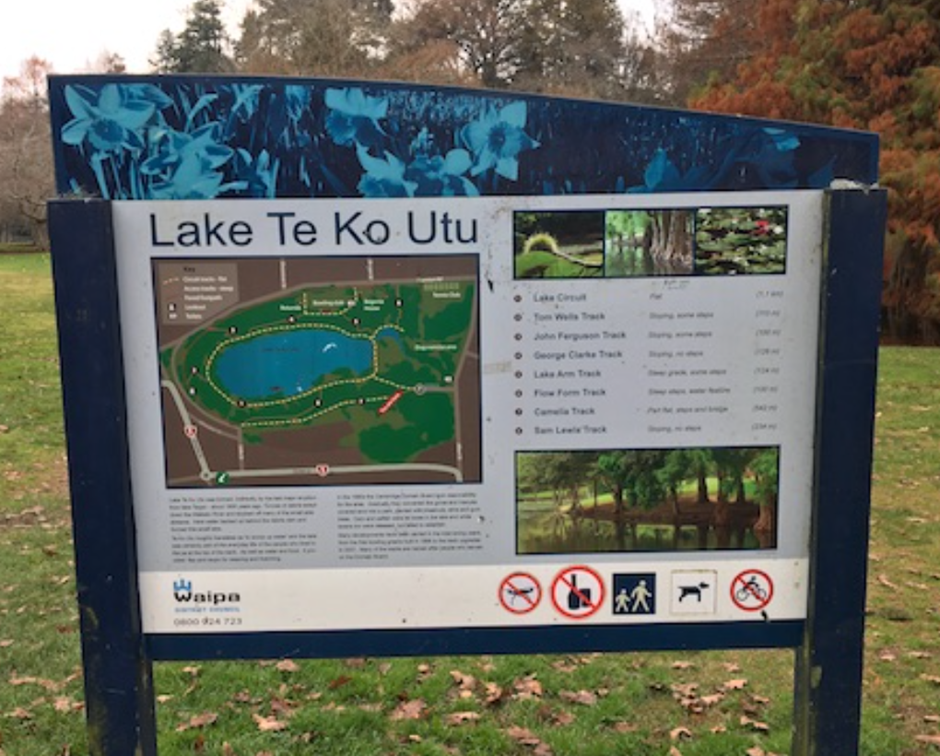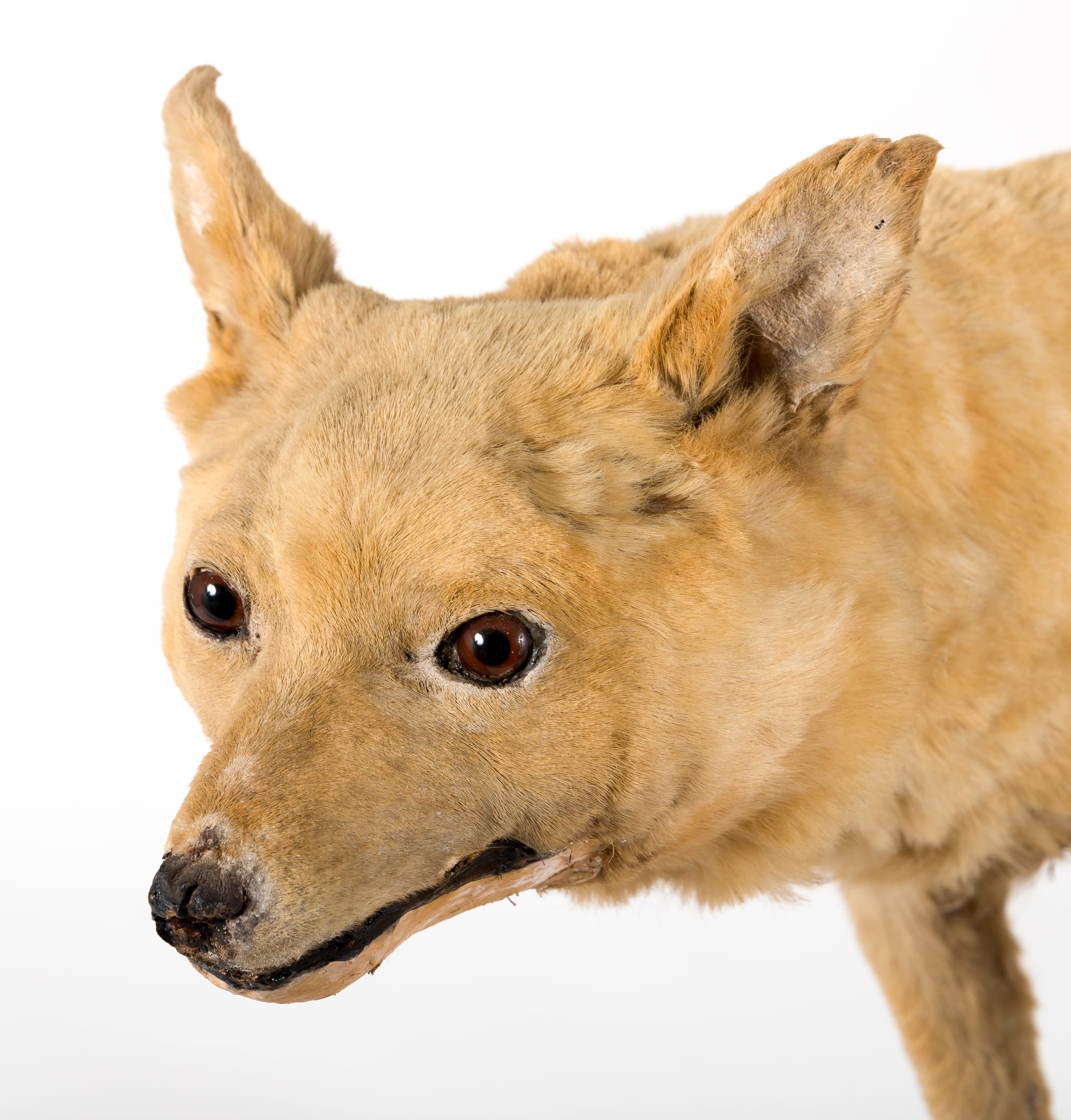Table of Contents
For 160 years, people of any skin colour have been able to walk their loved family pets around Lake Te Ko Utu in the heart of Cambridge. The east end of the lake reserve is a designated off-lead exercise area.

It is a beautiful spot with a flat track sheltered from the wind, good car parking and nearby cafes. Many regulars walk there daily, especially elderly people with their companion dogs getting friendly interaction.
But such behaviour is now too white for Waipa District Council. They want to ban dogs from the dog park because dogs are culturally insensitive to Maori.
A 51-page report by Boffa Miskell in 2020 on the future of the reserve has sections on Maori cultural and spiritual connections to the lake, but unsurprisingly, does not mention Pakeha’s cultural and spiritual connections, despite the historic buildings surrounding it: the Centennial memorial, the Kate Sheppard grove, the World War II memorial, and the World War II bunker. Not even the cultural significance of the English biodiversity gets a mention, as though the 40 m high plane trees and pin oaks are invisible. The whole park is an example of Capability Brown’s legacy for landscaping.
But no: to the council, there is only one culture to consider, and whatever Pakeha do must be wrong. The usual pretence of consultation has just started, although the decision has already been made. This is obvious, shown by restricting public notice to websites very few people read and allowing only a week for submissions. The public are already jaded because the council ignored submissions on cycle paths, so why bother commenting.
The hypocrisy of virtue signalling is galling. Waipa District Council is one of the whitest councils in New Zealand in terms of staff. They have assumed Maori need saving, and have assumed dogs are culturally insensitive.

Dogs (kuri) were part of Maori culture before they even came to New Zealand. They bought dogs on the canoes in the Great Migration.
The report and subsequent council interpretation also fail to understand the significance of Maori history.
The name Te Ko Utu was gifted by King Taawhiao, meaning the end of utu (fighting/revenge), as a sign of peace between Maori and Pakeha. Taawhiao called the lake his washbowl of sorrows. It is the place where he washed his sorrows away, to start afresh. Maori and Pakeha could live alongside each other. This means ignoring Pakeha culture is inappropriate and is an insult to King Taawhiao.
There is nothing inappropriate or insensitive about current ratepayers of any skin colour enjoying a park with their family pets. Nothing needs to change. Council staff are supposed to serve the people, not tell us how to live and take away our rights. Clearly, council staff have too much time on their hands if this is what they spend their days doing. The answer is to get rid of the time-wasters.









